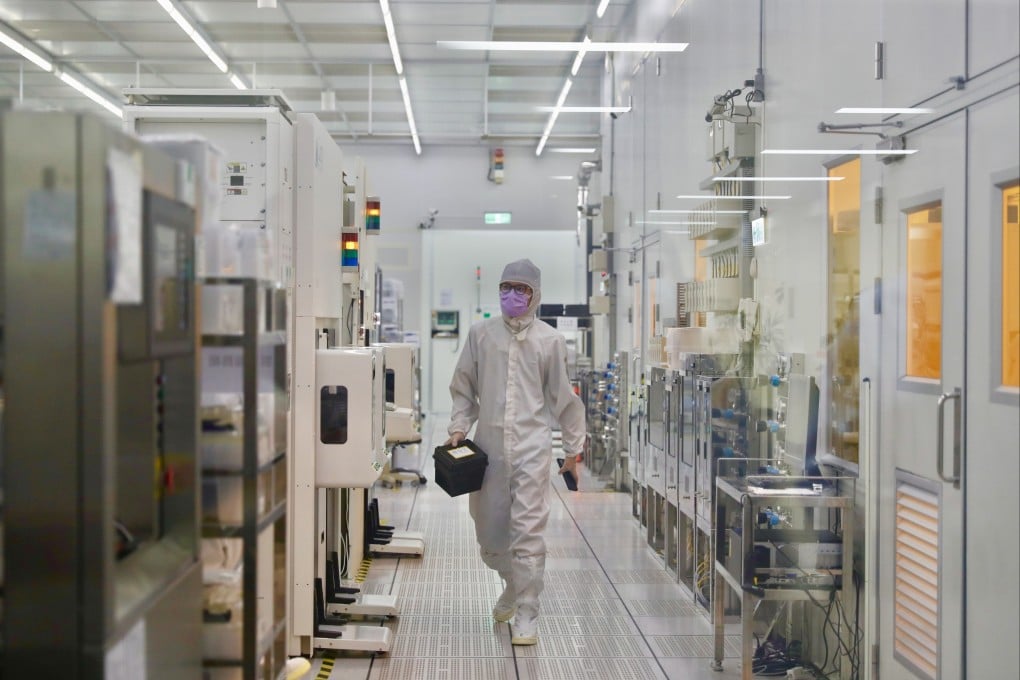Tech war: China chip start-ups clamour to tout AI chip breakthroughs after Nvidia sales ban, prompting analyst scepticism
- Chongqing-based Xiangdixian Computing Technology has unveiled Tianjun No. 1, a GPU with 12-nanometre node technology
- Analysts say that Chinese chip companies still lag far behind Nvidia, which has a near monopoly on GPUs used to train AI models

Chinese semiconductor start-ups are rushing to claim breakthroughs in artificial intelligence (AI) chips after the US restricted the export of advanced chips from Nvidia Corp and Advanced Micro Devices (AMD) to China, prompting scepticism from many industry analysts.
Chongqing-based Xiangdixian Computing Technology, which designs microprocessors, this week unveiled Tianjun No. 1, a graphics processing unit (GPU) with 12-nanometre node technology. The company claimed it has “reached an internationally advanced level” and will “effectively fill the gap in the domestic market”, according to an official post on its WeChat account on Wednesday.
Xiangdixian, a chip design start-up founded in Chongqing, southwestern Sichuan Province in 2020, is headed by chip veteran Tang Zhimin who previously worked for Loongson Technology and Hygon Information Tech, two Chinese chip companies that make microprocessors.
The announcement came a few weeks after Shenzhen-based AI chip design start-up Moffett AI revealed a new AI inference accelerator, called S30, which it said has stronger computing power than Nvidia GPUs. It said the computing power of the S30 is twice and 1.2 times stronger than the Nvidia A100 and H100 respectively, the two chips that have been banned for export to China by the US as of September.